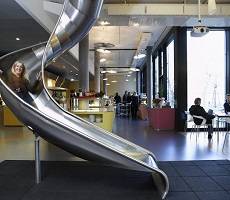April 29, 2015
‘Time to bin SLAs’ as IT buyers focus on costs over benefits 0
 More than half of the UK’s technology buyers claim that their main focus when procuring IT services is on keeping down costs rather than achieving specific benefits for their business, according to a report from technology company MooD International. The report, based on a study of just 160 IT directors and managers, also claims that revenue generation and growth are named as the most important initiatives by the remaining 48 percent. Over three quarters (76 percent) of respondents said that their firm’s expectations are not aligned with what suppliers believe they are contracted to deliver. The report claims this mismatch can be traced back to service level agreements (SLAs). While 77 per cent of suppliers focus on business benefits to a great or reasonable extent, 64 per cent of contracts are either entirely or mainly measured on transaction based SLAs.
More than half of the UK’s technology buyers claim that their main focus when procuring IT services is on keeping down costs rather than achieving specific benefits for their business, according to a report from technology company MooD International. The report, based on a study of just 160 IT directors and managers, also claims that revenue generation and growth are named as the most important initiatives by the remaining 48 percent. Over three quarters (76 percent) of respondents said that their firm’s expectations are not aligned with what suppliers believe they are contracted to deliver. The report claims this mismatch can be traced back to service level agreements (SLAs). While 77 per cent of suppliers focus on business benefits to a great or reasonable extent, 64 per cent of contracts are either entirely or mainly measured on transaction based SLAs.


























January 21, 2015
Unhappy Gen Y talent will move on this year, if you fail to keep them engaged
by Julia Lindsay • Comment, Flexible working, Workplace
(more…)